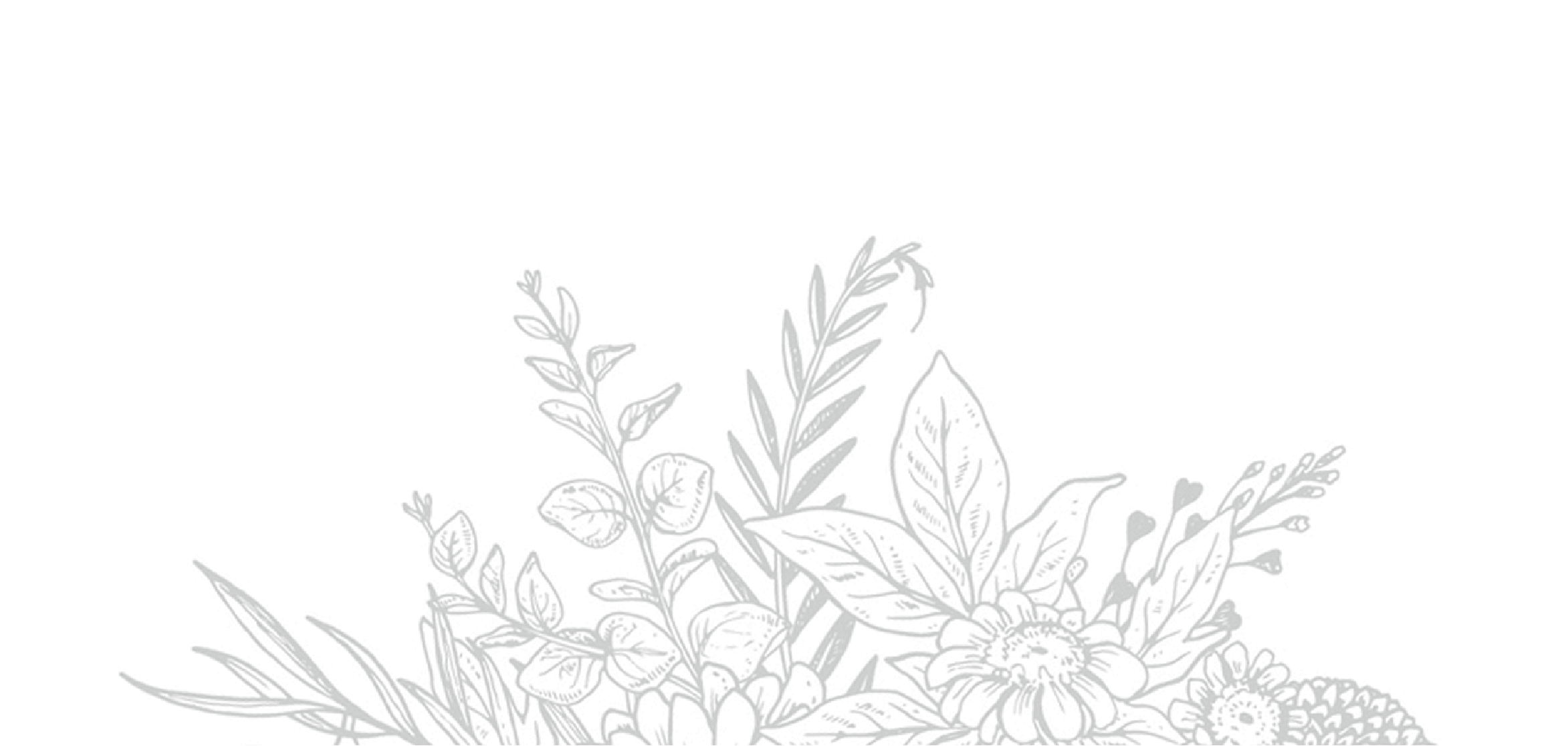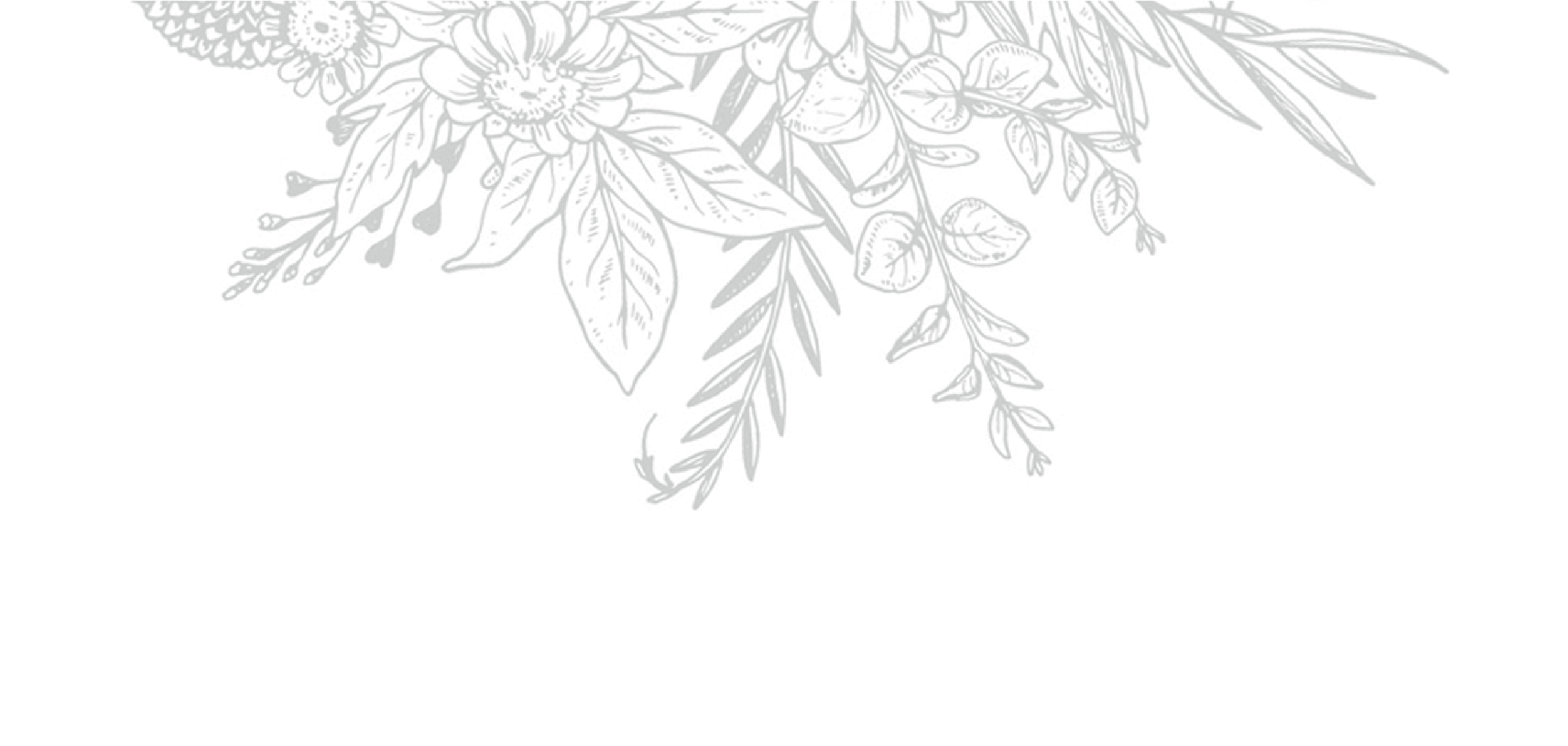
Crème Royale is finely crystallized honey. Honey naturally forms large sugar crystals over time, which is why older honey often hardens. Crème Royale is honey that has been naturally crystallized with a very small crystal giving it the smooth, creamy texture and beautiful color you know and love.
Yes! There is no dairy involved in making Crème Royale. The word ‘creamed’ refers to the texture. See the previous FAQ for information on how it’s made.
It’s our first style of creamed honey. Stay tuned for exciting new flavors!
Visit your local health food store. If they don’t carry it yet, ask them to reach out to us. We’re testing out an online store, but it’s by invite only.
There are many ways to support regenerative agriculture, but one of the most effective ways is to start talking. Start having conversations with your local farmers. Ask them about regenerative agriculture, and what they’re doing. Talk to your family, friends, and co-workers about it. And VOTE. Vote in the grocery store where money talks to farmers the loudest. And vote for the organization’s we support, by donating to them directly.
No. As much as we love organic, this has been one of the most deceptive and damaging terms to US beekeepers.
Why?
Because we don’t think a US beekeeper can honestly label honey as truly organic.
——————-
Bees can fly up to six miles from their home, meaning they can cover 113 square miles, from one location! (Did we just finally use that middle school formula A = π r2 ? Yes we did.) How many 113 square mile circles can you draw in the US that are organic, and grow bee forage? Not many. There may be a few small beekeeping operations that have bees in the mountains that can honestly make the claim, but not many.
Now, here’s where US beekeepers really get stung: The US has reciprocity with most other countries on ‘organic’ definitions. Meaning ‘USDA Organic’ products produced in the US can claim ‘organic’ in other countries without additional certification… and other countries (who self certify) ‘organic’ can stamp ‘USDA Organic’ on the food they export to the US. So get this, almost all the ‘organic’ honey in the US comes from countries that self certify organic! (Look for yourself, the organic honey on the shelf isn’t from the USA.)
We’re not opposed to organic. (Have you read our story?) We think it’s a wonderful step towards regenerative agriculture, but organic honey is a farce and damages the income of our nation’s most conservation-oriented industry.
We don’t believe this is beneficial to our mission, so we do not and will not sell ‘organic’ honey.
We don’t recommend eating or tasting the jars.
Ok, but seriously. Sorry, I’m about two months away from being a dad… I couldn’t resist! We’re not a honey packing company, trying to maximize profits by blending honey from 5 different countries and removing all traces of pollen by ultra-filtration, in order to obfuscate the product’s true identity so we can cut it with Chinese rice syrup, claiming we’re making the ‘perfect blend of taste and aroma’…
No, each batch of true honey should be unique and distinct, characterized by the natural environment from where the honey was collected. A beautiful song of the year’s flowers, soil, and sunshine.
PS. Can you imagine wineries doing that? ‘This is a wonderful rosé wine, blended from 37 different wineries across California…’

